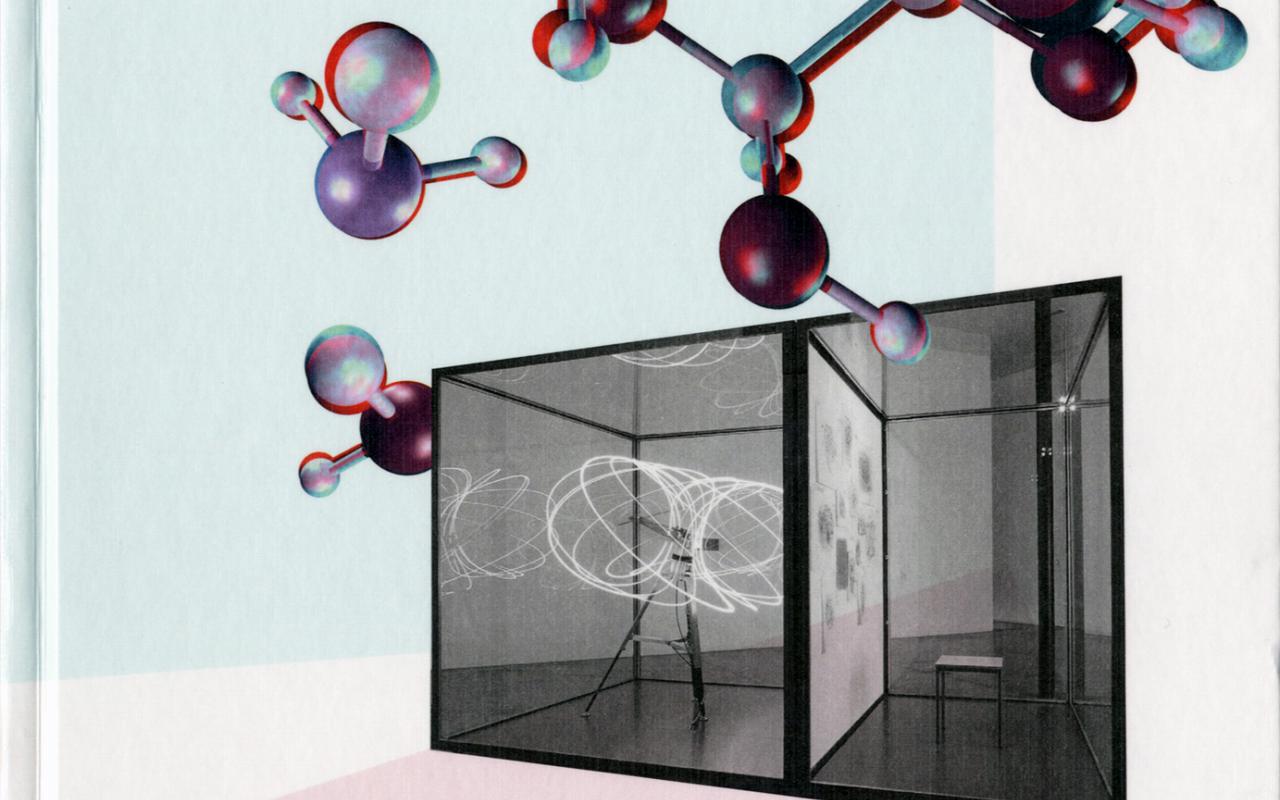Peter König: On the Relation of Action and Perception
- Duration
- 57:52
- Category
- Lecture/Talk
- Date
- 24.11.2012
- Description
Rising interest in theories of embodiment highlight the need to better understand the relation of action and conscious perception. Specifically, we investigate the concept that the quality of sensory awareness is determined by systematic change of afferent signals resulting from behaviour and knowledge thereof. The feelSpace belt provides qualitatively new sensory signals, relating the orientation of the subject to magnetic north. The resulting transformation laws, linking change of sensory signals and actions by the subject, establish sensorimotor contingencies.
The study demonstrates that the signals provided by the feelSpace belt improve behavioural performance, influence physiologic reactions and lead to qualitative changes in perceptual effects. These results provide evidence for a causal role of sensorimotor contingencies in perceptual awareness. In a follow-up we study sensory enhancement in a congenitally blind subject. Consistent with an earlier report improved behavioural performance and perceptual effects could be induced. However, unsupervised training by itself was not sufficient, and explicit instructions and training was necessary to ground the qualitatively new signals and provide associations with the available senses. A unified framework is presented that describes the interaction of sensory and motor systems as an interaction optimizing the predictability of sensory representations in the light of the behavioural repertoire. In summary, the presented experiments argue for a constitutive role of action in the formation of perception, although in some aspects it was dependent on available cognitive resources.Dr. Peter König is Professor of Neurobiopsychology at the University of Onabrück and director of the Institute of Cognitive Science. He studied physics and medicine at the University of Bonn. From 1978 to 1994 he was scholarship holder and research assistant at the Max Planck Institute for Brain Research in Frankfurt am Main in the department of neurophysiology, and from 1995 to 1997 Senior Fellow at The Neurosciences Institute in La Jolla, California. This was followed by his Habilitation thesis at the Goethe University Frankfurt and the conferring of the title of private lecturer. From 1997 to 2003 he worked at the Institute of Neuroinformatics at the ETH Zurich as assistant professor. In 2009, he founded WhiteMatter Labs GmbH of which he is the scientific director. Since 2001, he is visiting professor at the Department of Neurophysiology and Pathophysiology of the University Medical Center Hamburg-Eppendorf.
